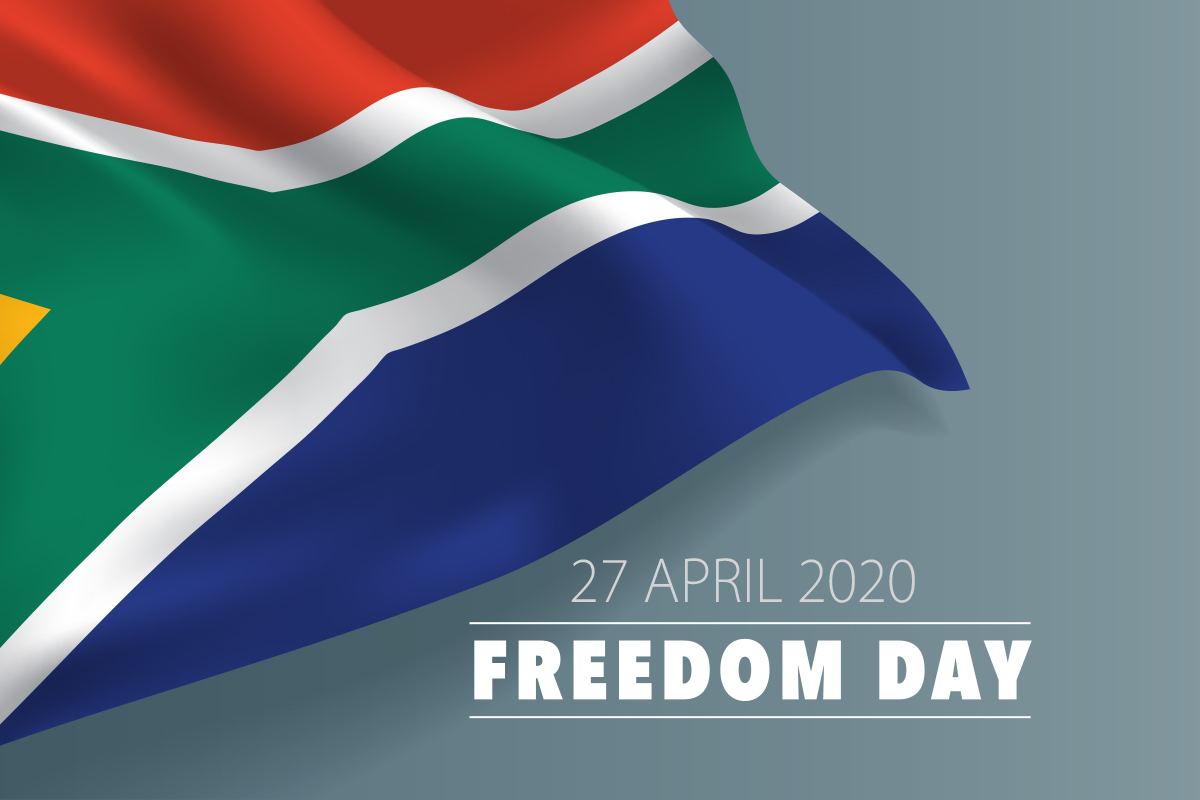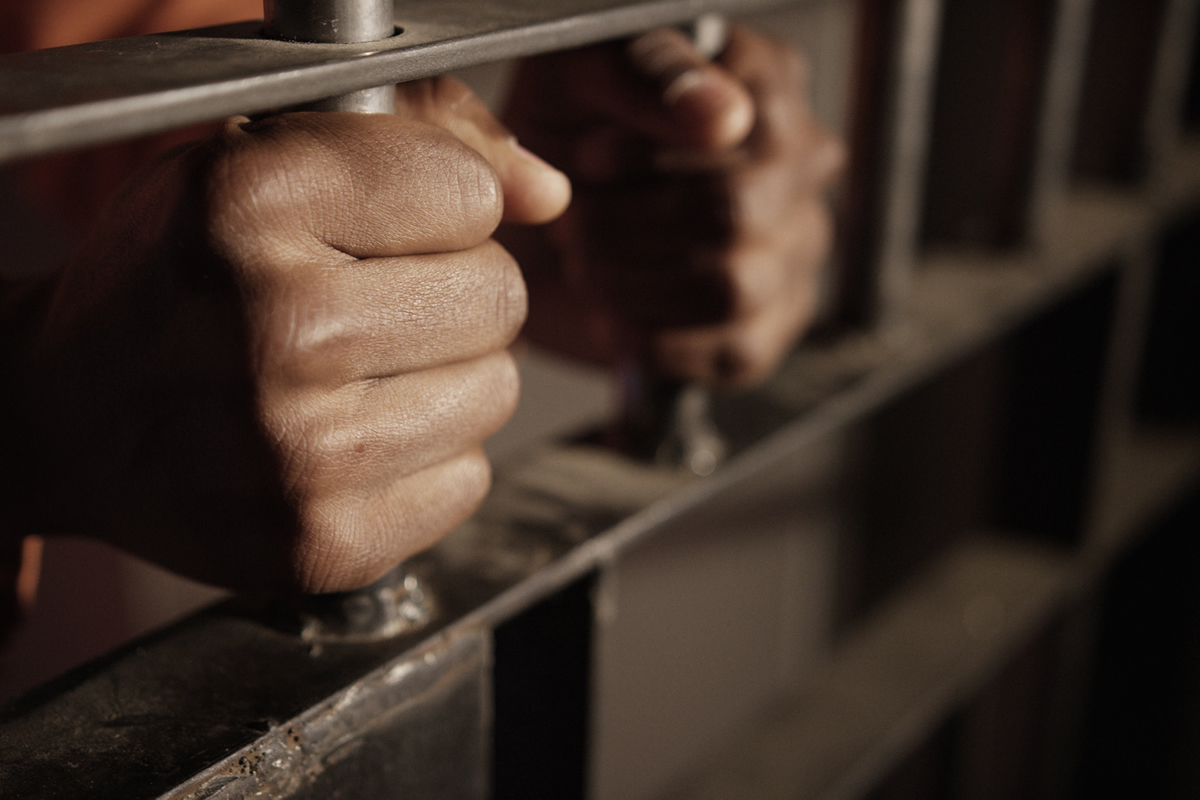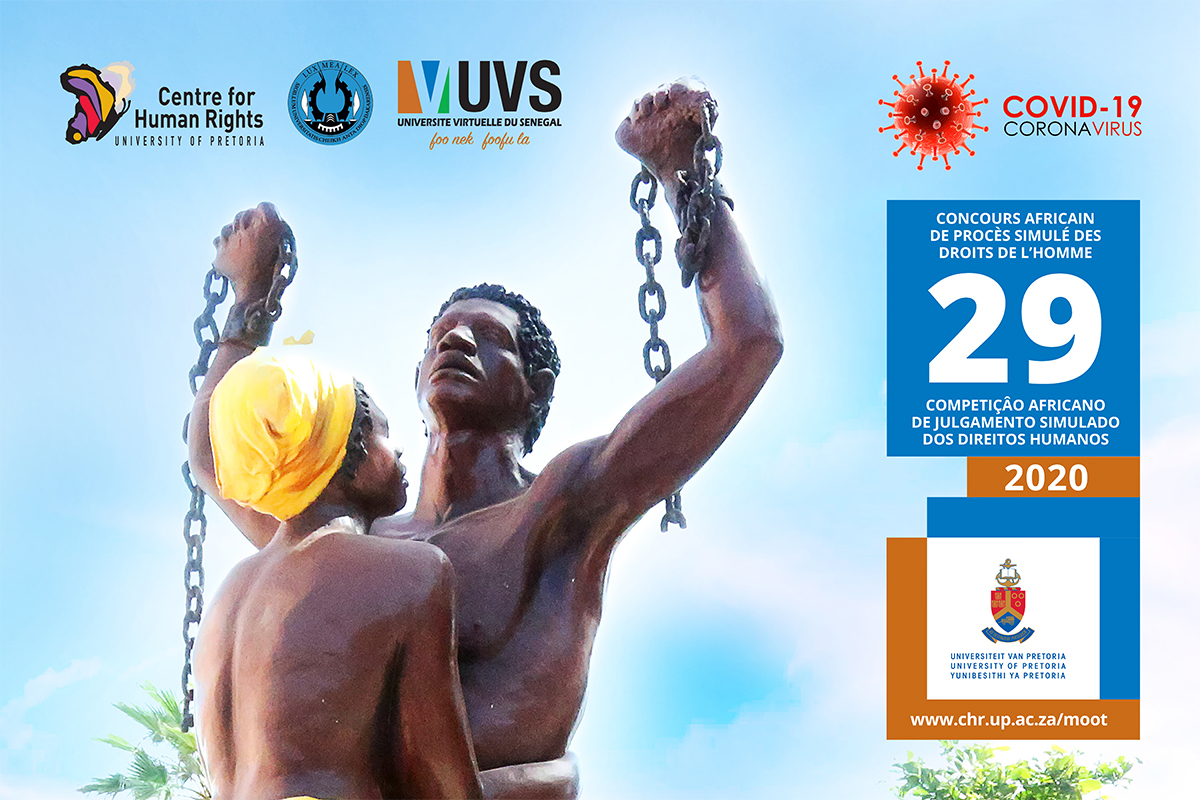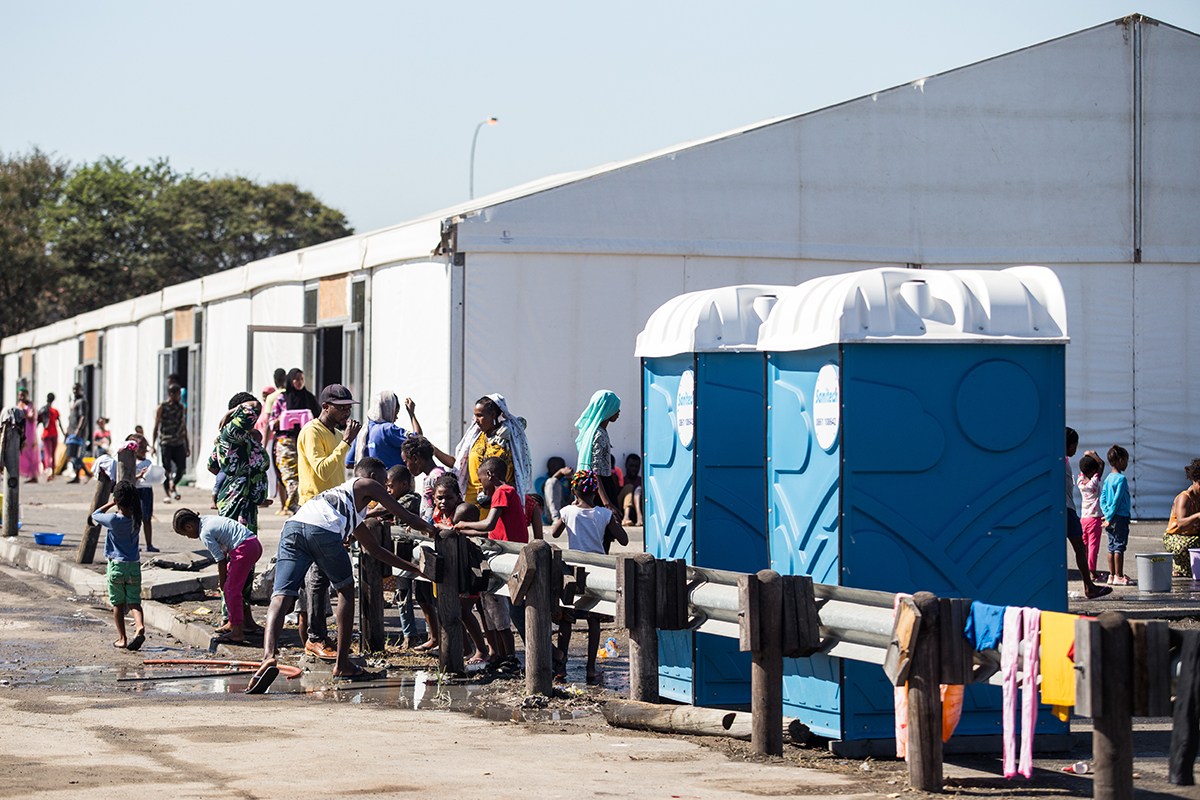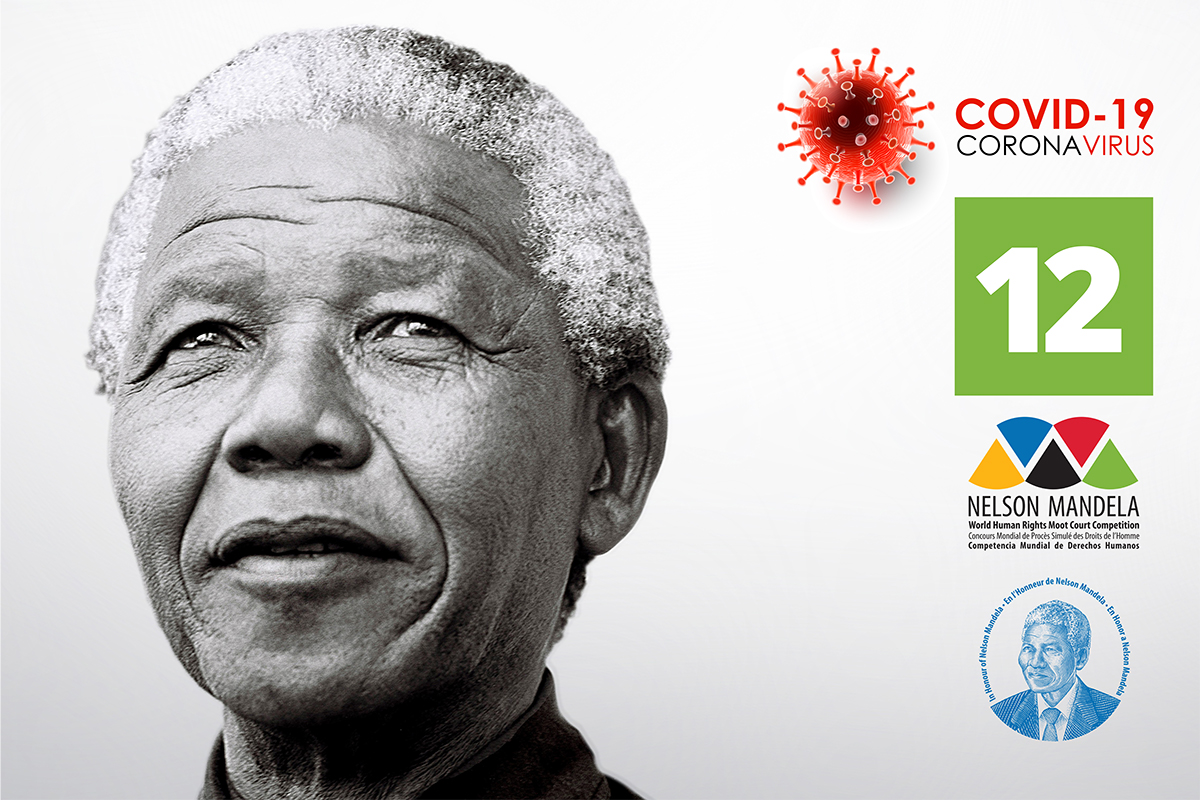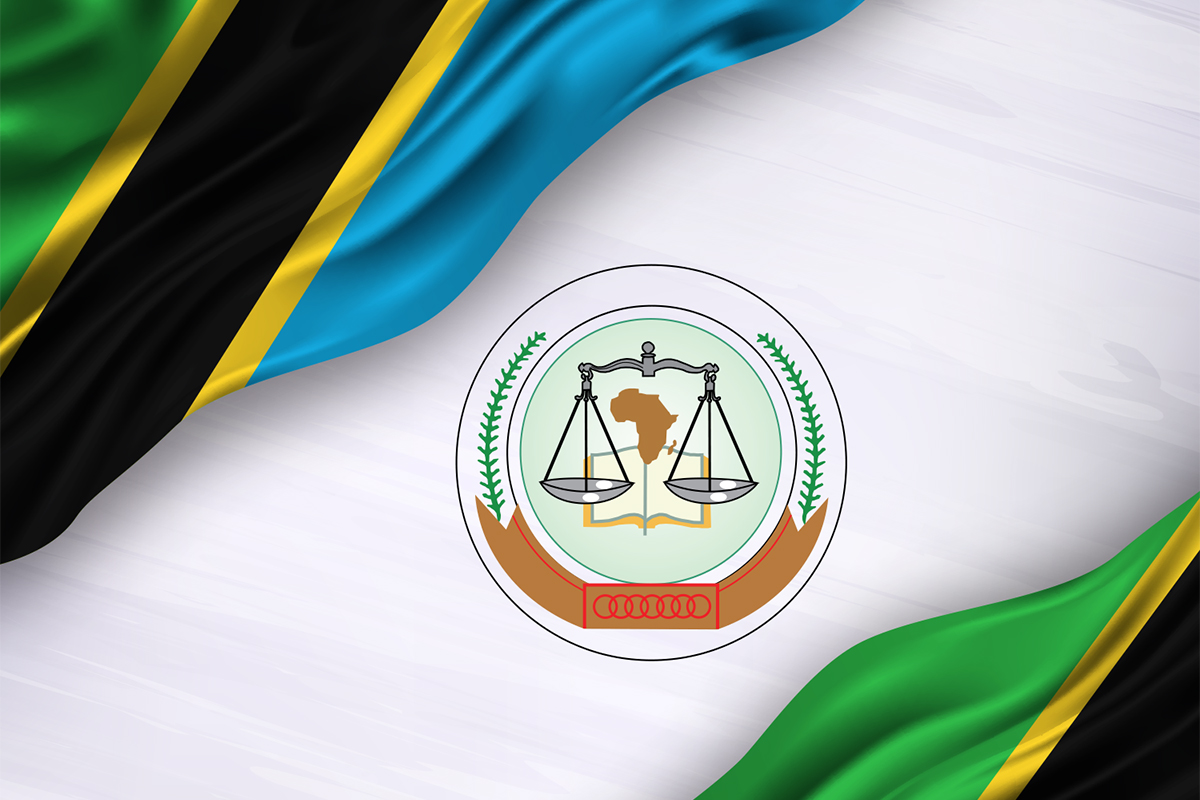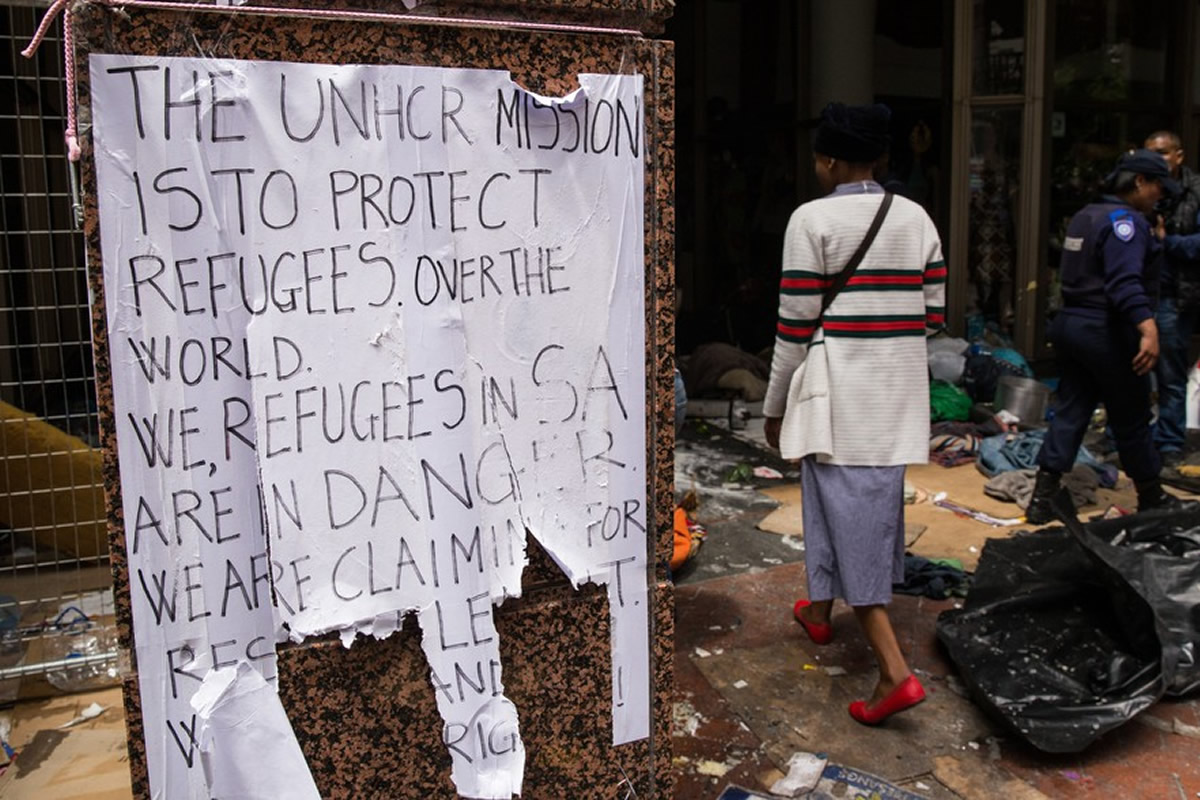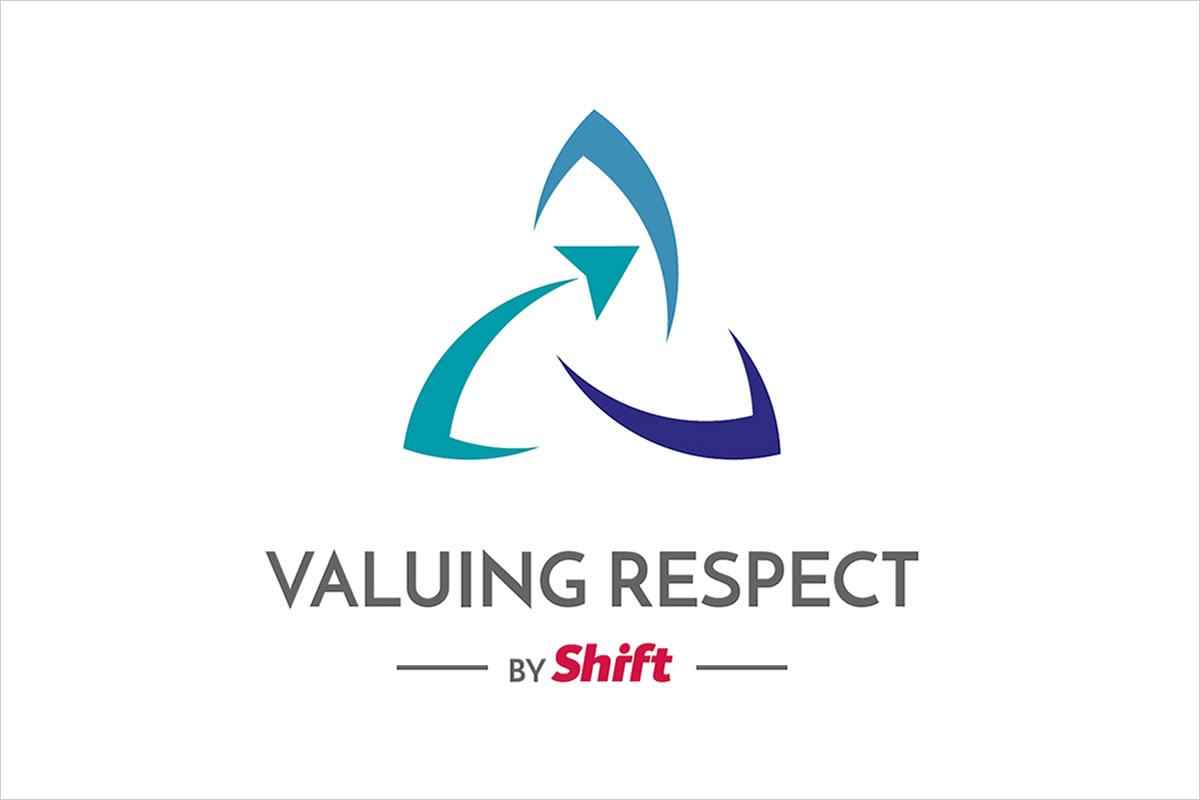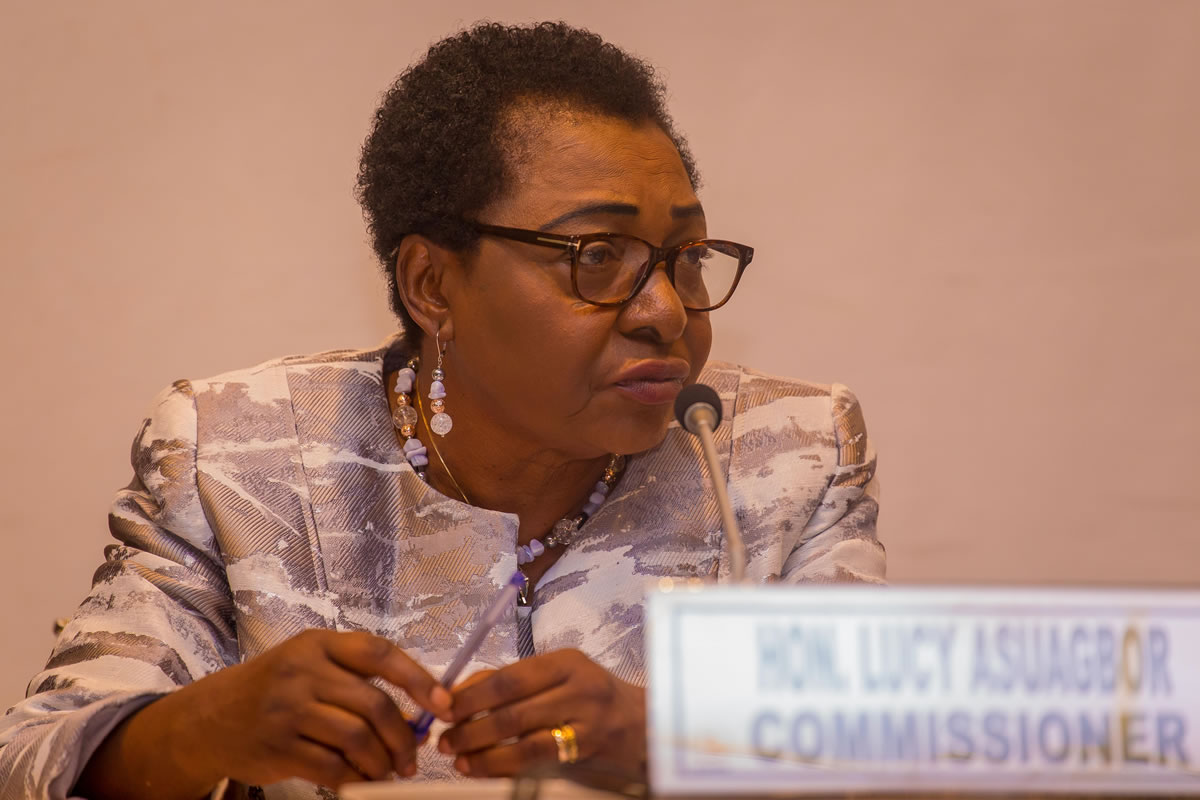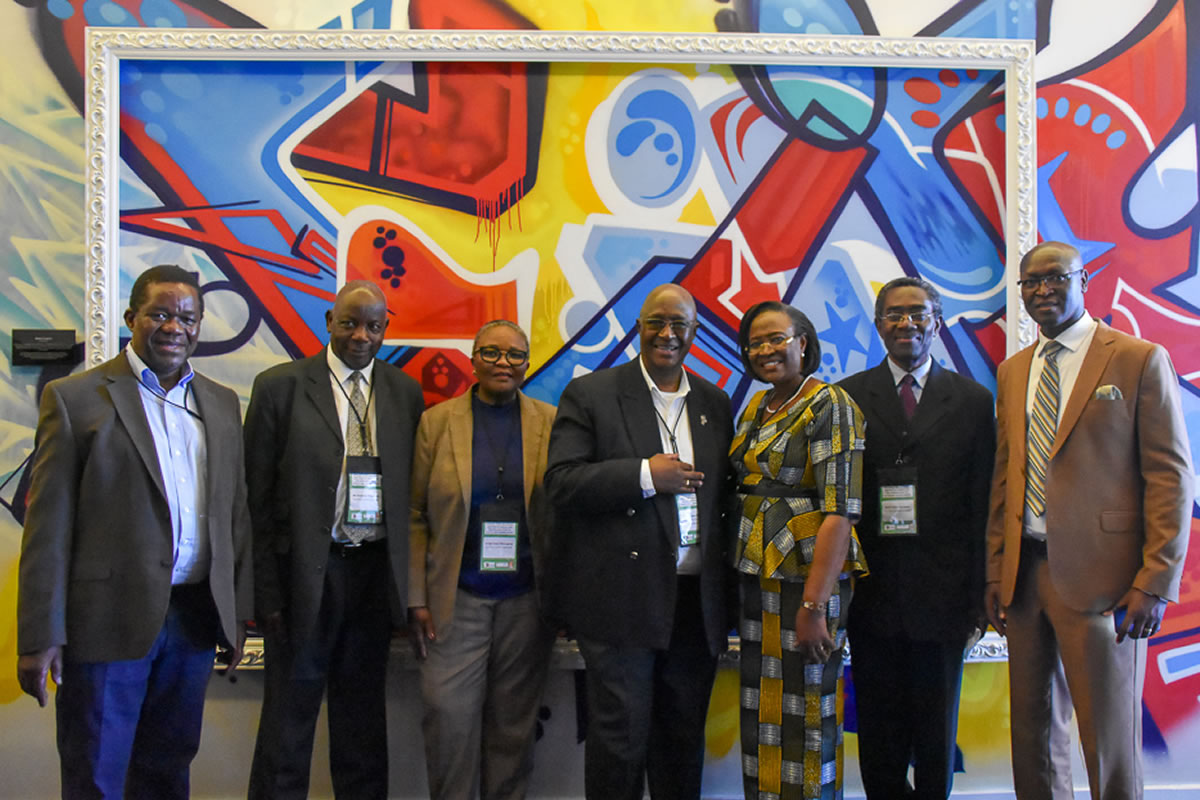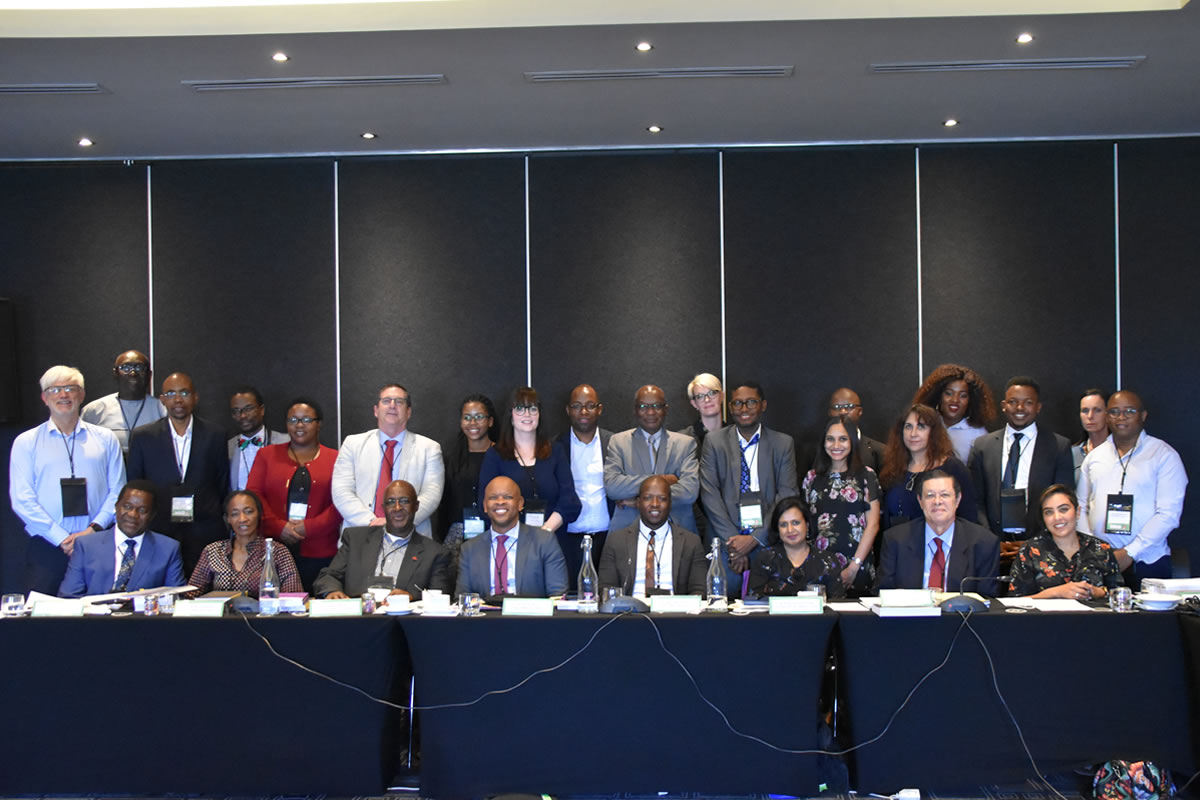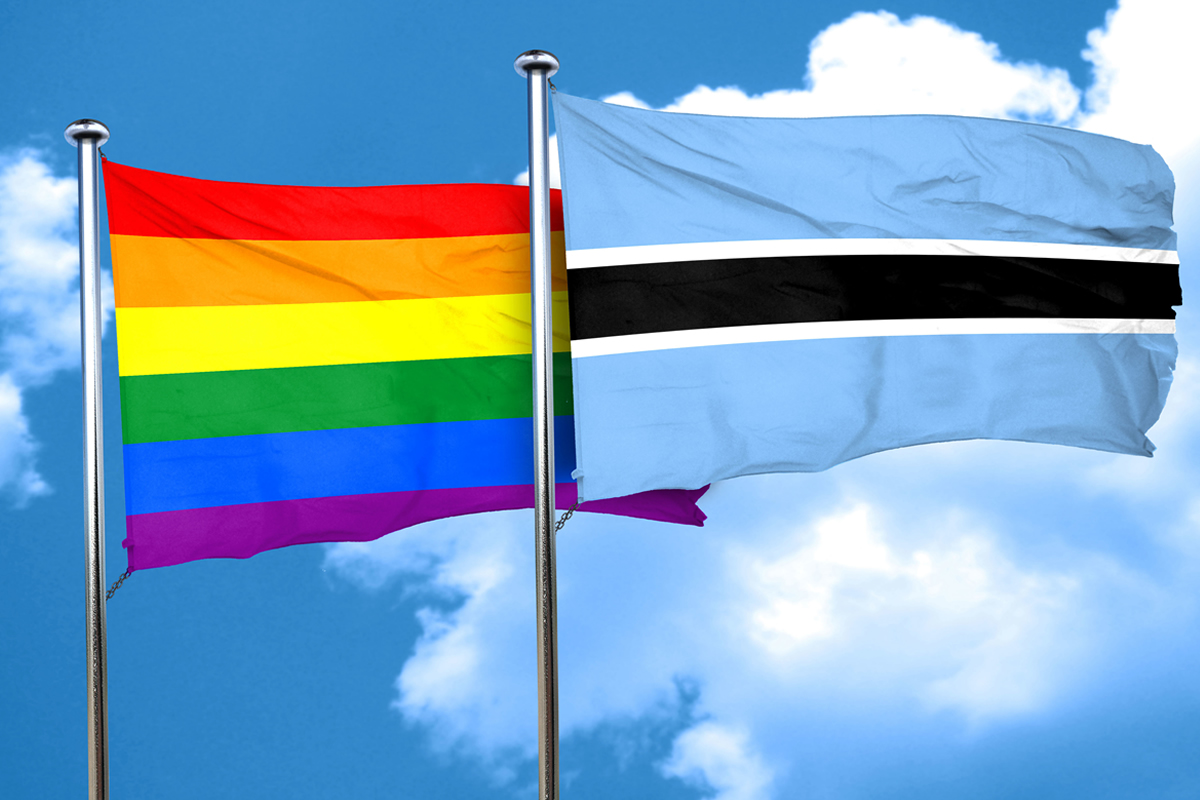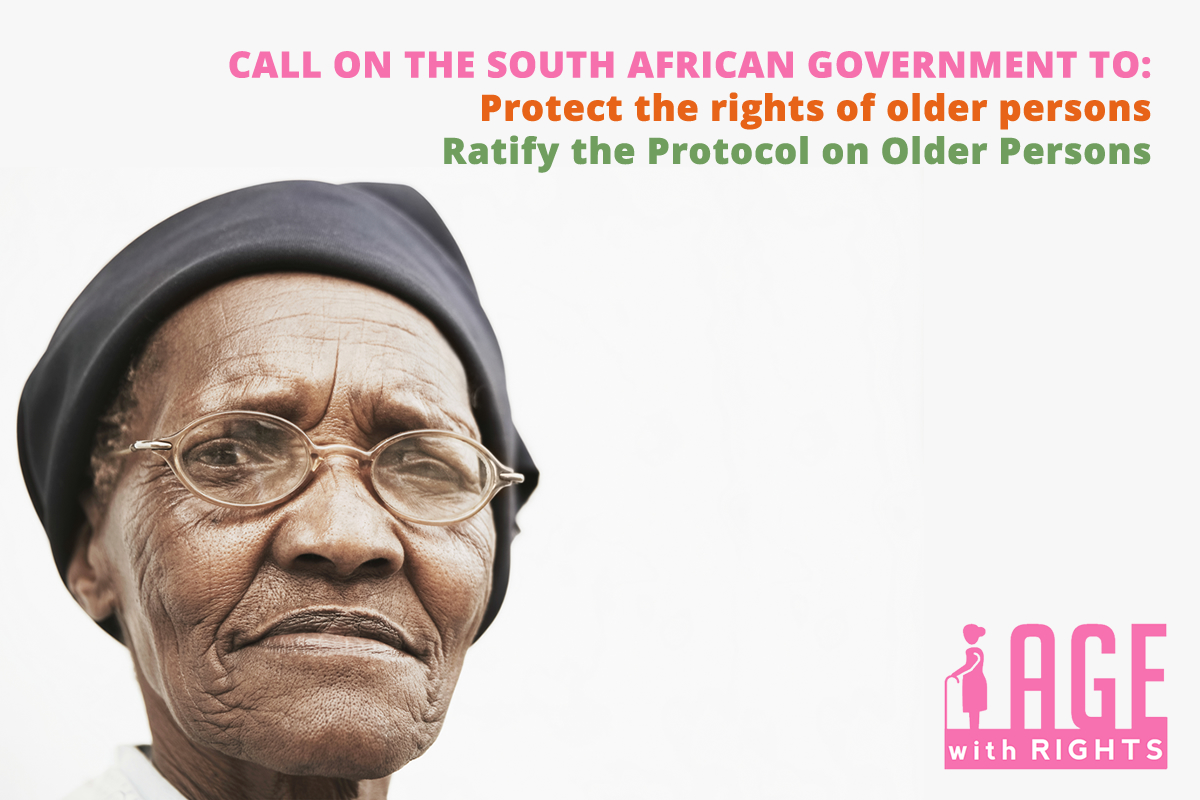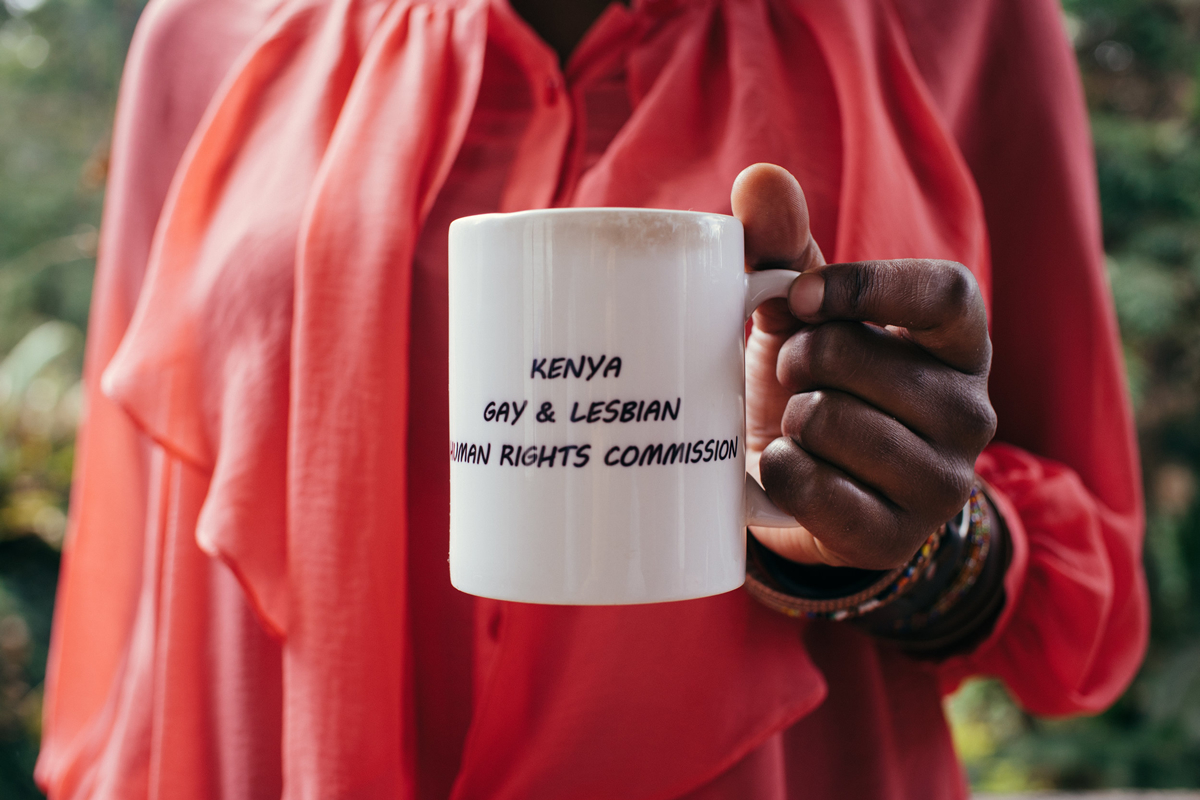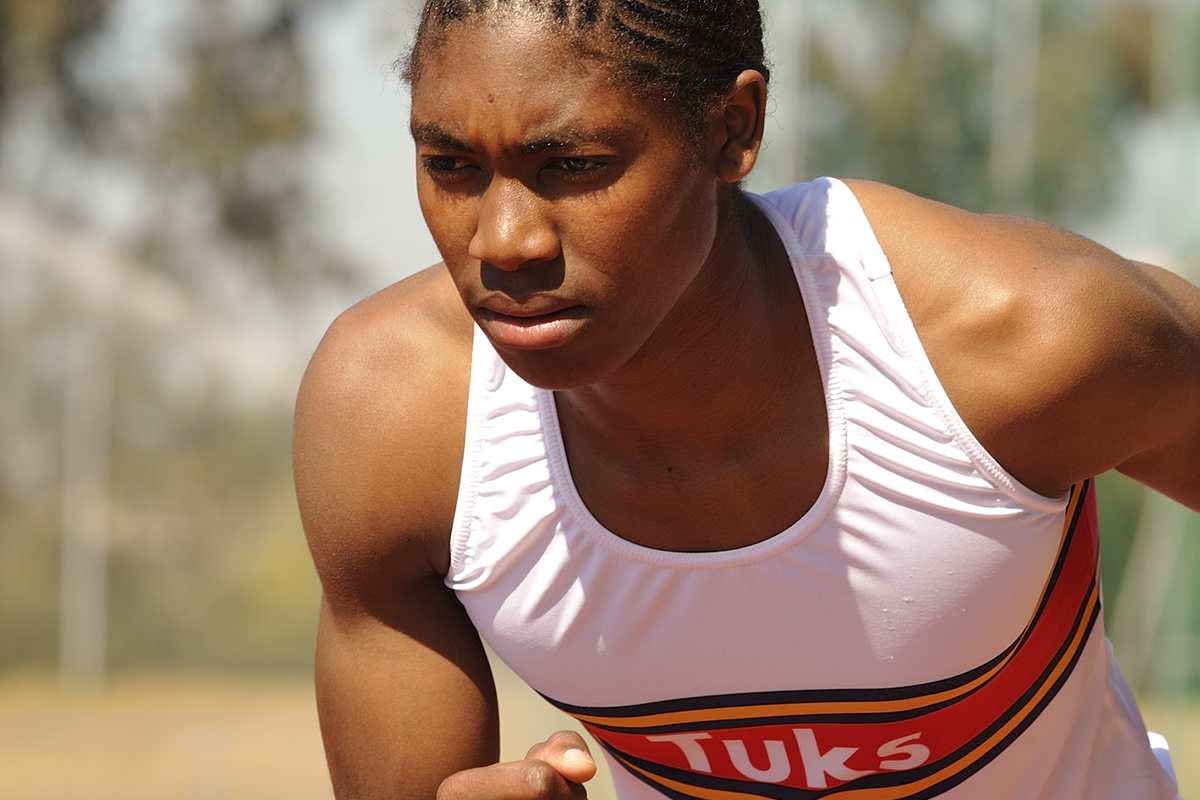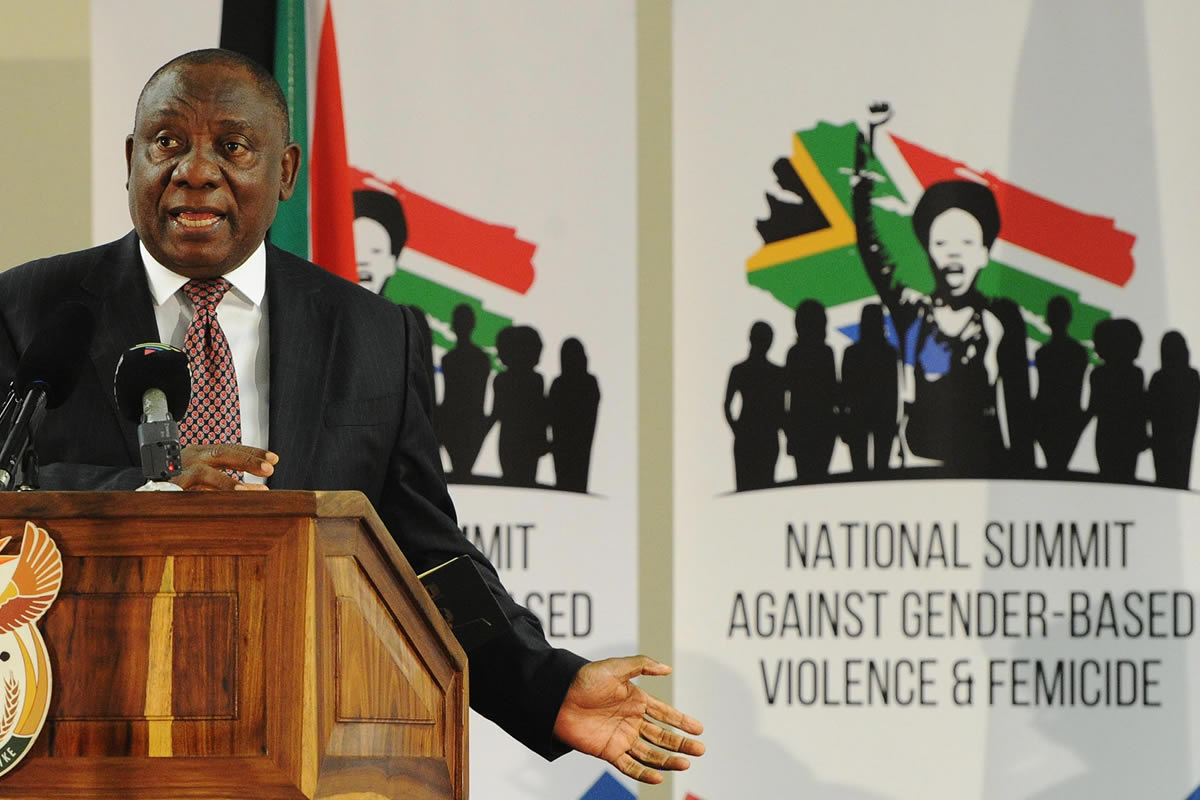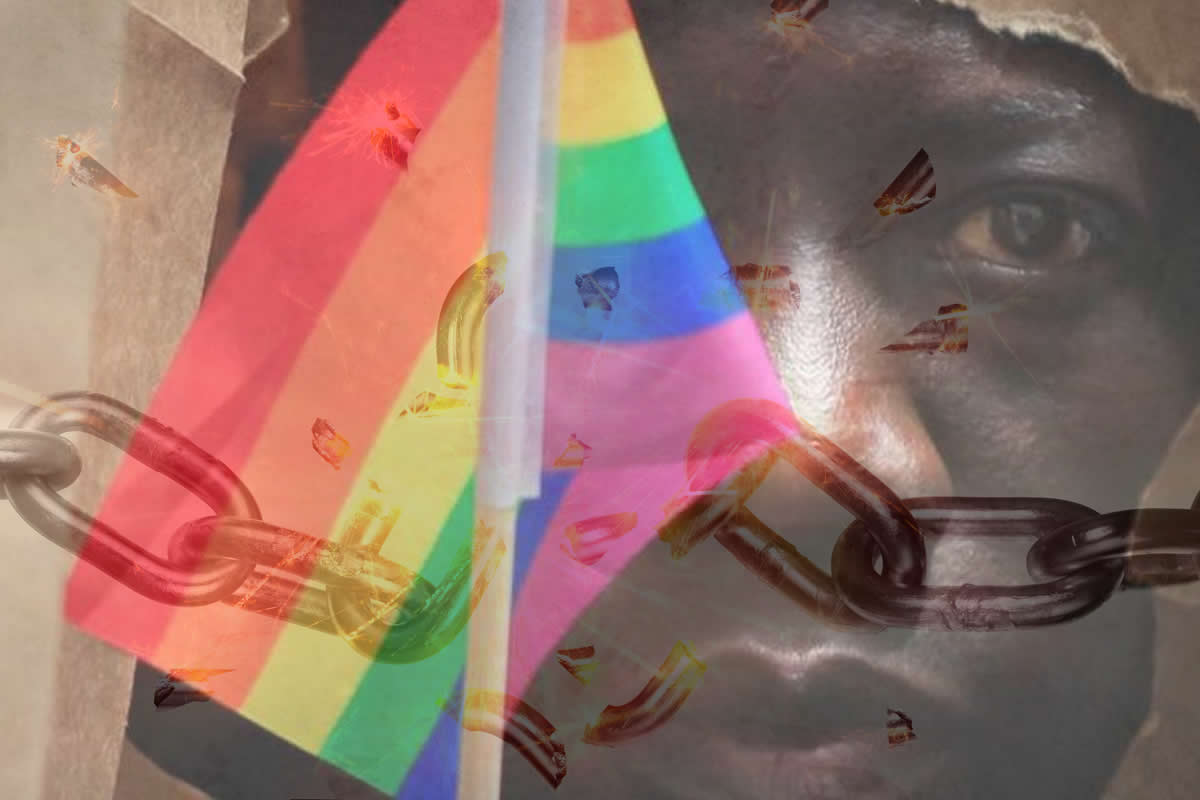- Details
Statement by Centre for Human Rights, Faculty of Law, University of Pretoria, to the 2020 ECOSOC High Level Segment (HLS) for NGOs in consultative status with ECOSOC on the theme of the 2020 High-level Political Forum (HLPF) on “Accelerated action and transformative pathways: realizing the decade of action and delivery for sustainable development”.
- Details
This year, South Africans celebrate Freedom Day in conditions of confinement. We are reminded that on this day, 26 years ago, for the first time in history all South Africans exercised the most basic of rights, the right to vote. This election ushered in a system of democratic governance based on the values of equality, inclusion and tolerance, as entrenched in the Constitution of the Republic of South Africa.
- Details
The Centre for Human Rights, University of Pretoria and the Centre for Applied Legal Studies, University of the Witwatersrand, call on the South African government to act swiftly to reduce the further spread of COVID-19 in South African correctional centres. This can be done by releasing a limited number of incarcerated persons so as to reduce their risk of contracting the virus, and allowing for more effective social distancing within correctional centres.
- Details
Due to the impact of the COVID-19 pandemic, the organisers of the African Human Rights Moot Court Competition have decided to adjust the format and dates of the 2020 African Moot Competition. The preliminary rounds of the Competition will now take place virtually, and the semi-final and final rounds have been rescheduled to take place in Dakar, in December 2020.
- Details
The Centre for Human Rights, University of Pretoria and the Centre for Applied Legal Studies, University of the Witwatersrand, are deeply concerned about the situation of migrants in the territory of South Africa during this COVID-19 crisis.
- Details
Due to the impact of the COVID-19, the oral rounds of the Nelson Mandela World Human Rights Moot Court Competition will now be held in December 2020, and no longer in July. The Competition will be scheduled around Human Rights Day (10 December), with participating teams and judges traveling to Geneva, Switzerland, for the oral rounds. If this would not be possible, the oral rounds, probably in an adjusted and scaled down version, will be held on-line. Either way, the 2020 Competition will still be held.
- Details
The African Coalition for Corporate Accountability (ACCA) wishes to inform its members, partners and other stakeholders of the suspension, until further notice, of the Southern and Central Africa capacity building trainings, as well as the side event scheduled to take place during the 66th ordinary session of the African Commission on Human and Peoples’ Rights.
- Details
The South African government announced a 21-day lockdown of the country starting on 27 March 2020, as part of measures to address the COVID-19 pandemic. Following the national directive, the University of Pretoria took the decision to close down until 16 April 2020. Being based in South Africa, and the University of Pretoria in particular, the Centre for Human Rights is directly affected by these measures.
The COVID-19 pandemic and the resulting restrictions on movement has generated considerable anxiety and uncertainty for us. We support and embrace these measures for unmistakably serving the public good, but we are also aware of their disruptive effect on our regular mode of academic and programmatic work. We have therefore made efforts to ensure continuity as far as possible, and to minimise disruption where possible. Our commitment is driven by the long-term goal of ensuring the advancement of the protection of human rights through education, research and advocacy on the African continent.
- Details
December 5, 2019
The Centre for Human Rights, University of Pretoria, is deeply concerned about the recent decision of the Government of the United Republic of Tanzania to withdraw its declaration made under article 34(6) of the Protocol of the African Charter on the Establishment of an African Court on Human and Peoples’ Rights allowing individuals and NGOs to take cases directly to the African Court.
- Details
The Centre for Human Rights, University of Pretoria, is deeply concerned about the eviction of refugees and asylum seekers who were holding a sit-in at the United Nations High Commissioner for Refugees (UNHCR) office in Cape Town, South Africa. The evictions were carried out by the South African Police Service on 30 October 2019.
The evictions were conducted in a violent manner, violating the dignity of those affected. Furthermore, scenes of children being forcibly separated from their parents are especially concerning, taking into account the standards dealing with the protection of the rights of children that South Africa has committed itself to.
- Details
The Centre for Human Rights, University of Pretoria (UP), in collaboration with Shift, will be hosting a two-day multi-stakeholder meeting of experts concerning the Valuing Respect project - a project aimed at evaluating how companies understand and give effect to their responsibility to respect human rights. The consultation will take place on 30 and 31 October 2019.
- Details
As part of the Africa Beijing+25 review, and in preparation of the commemoration of the Beijing Declaration in 2020, the African Commission on Human and Peoples’ Rights (African Commission), through the Special Rapporteur on the Rights of Women in Africa, hosted a panel during the 65th Ordinary Session of the Commission on 22 October 2019 in Banjul. The panel focused on the rights of women in Africa and was an opportunity to reflect on the strides made on the continent over the years since the adoption of the Beijing Declaration in 1995.
- Details
Former members of the African Commission on Human and Peoples’ Rights (African Commission), meeting in Pretoria, initiated the setting-up of a platform to strengthen the independence of the African Commission.
- Details
A recent round table seminar brought together by the South Africa Human Rights Commission (SAHRC) and the Thabo Mbeki Foundation, with the support of the Centre for Human Rights, University of Pretoria, discussed South Africa’s attitude towards global and regional accountability mechanisms. Discussions focused on international criminal accountability, and on the ease of access to regional justice for human rights violations. Reasons for South Africa’s position were provided and interrogated.
- Details
The High Court of Botswana has, in a landmark ruling and a unanimous decision by the bench declared Section 164 and 165 of the Botswana Penal Code that previously criminalised same-sex sexual acts, as unconstitutional. Botswana joins Angola, Mozambique, Seychelles, and South Africa as members of the Southern African Development Community (SADC) to have decriminalised same-sex sexual acts, a progressive outlook for this region. The Botswana decision comes not so long after Kenyan judges upheld similar provisions in the Kenyan Penal Code criminalising same-sex sexual acts, a sad contrast.
- Details
The Centre for Human Rights (the Centre), University of Pretoria, calls on the South African government to enhance the protection for older persons; and to ratify the Protocol to the African Charter on Human and Peoples’ Rights on the Rights of Older Persons in Africa (Protocol on Older Persons).
- Details
The Centre for Human Rights (the Centre) congratulates the National Gay and Lesbian Human Rights Commission (NGLHRC) of Kenya and its leadership upon winning the Court of Appeal case, in which the Kenya Non Government Organisations Coordination Board appealed the decision of the Kenya High Court to allow NGLHRC to register under the Kenya Non Government Organisations Coordination Act. The Court of Appeal delivered its decision on Friday 22 March 2019.
- Details
The Centre for Human Rights (the Centre), University of Pretoria, fully supports the campaign by the South African Department of Sports and Recreation, against the enforcement of the International Association of Athletics Federations (IAAF) regulations against hyper-androgenic women in sports. This follows an appeal against the regulations made to the Court of Arbitration for Sport (CAS) by Olympic champion Caster Semenya and Athletics South Africa (ASA). The appeal, which is before the CAS, will be concluded on 29 March 2019. The regulations violate the right to bodily autonomy, physical integrity, freedom from non-discrimination and other bioethical considerations.
- Details
Civil society organisations working on gender-based violence (GBV) express concern over the slow pace at which the South African Presidency is addressing issues identified at the National Summit against Gender-Based Violence and Femicide.
- Details
The Centre for Human Rights (the Centre) congratulates the government, parliament and people of Angola, for the brave steps taken, through its judicial reform programme, towards the decriminalisation of ‘habitual unnatural vices’, into which consensual adult same-sex sexual conduct was read. The Centre also expresses its pleasure towards the criminalisation of crimes based on discrimination including prohibiting crimes based on discrimination based on sexual orientation. To further galvanise the reforms, employment and service discrimination based on sexual orientation is also now illegal. These are major achievements towards respecting and promoting the rights of all citizens of Angola including sexual and gender minorities.


